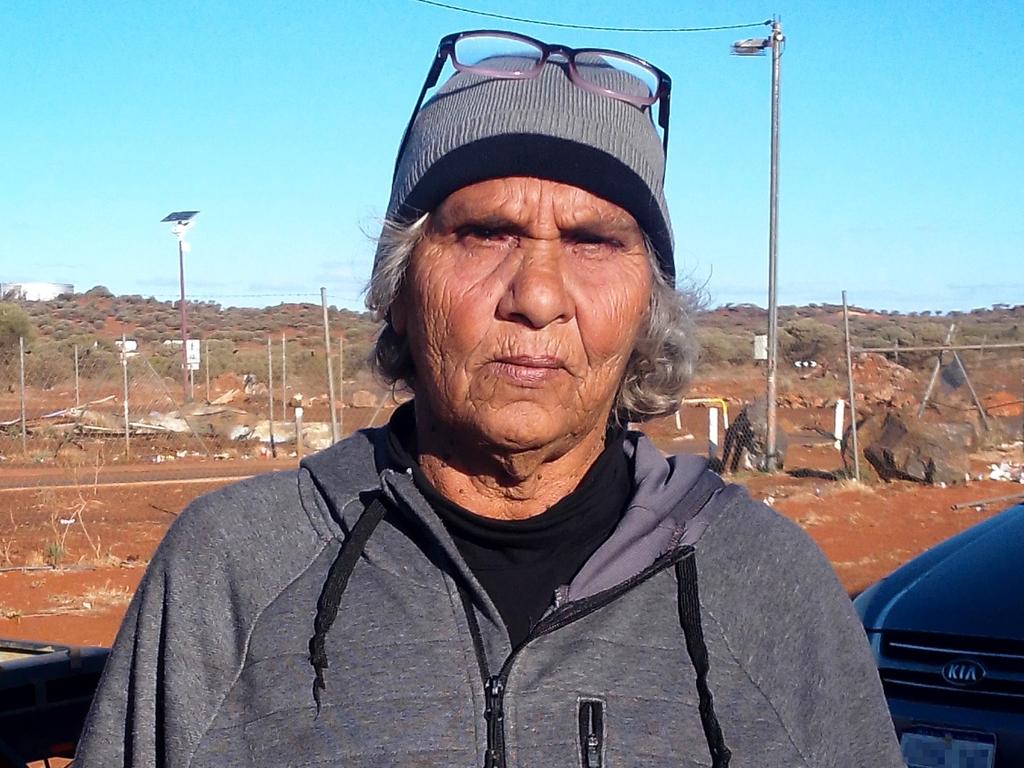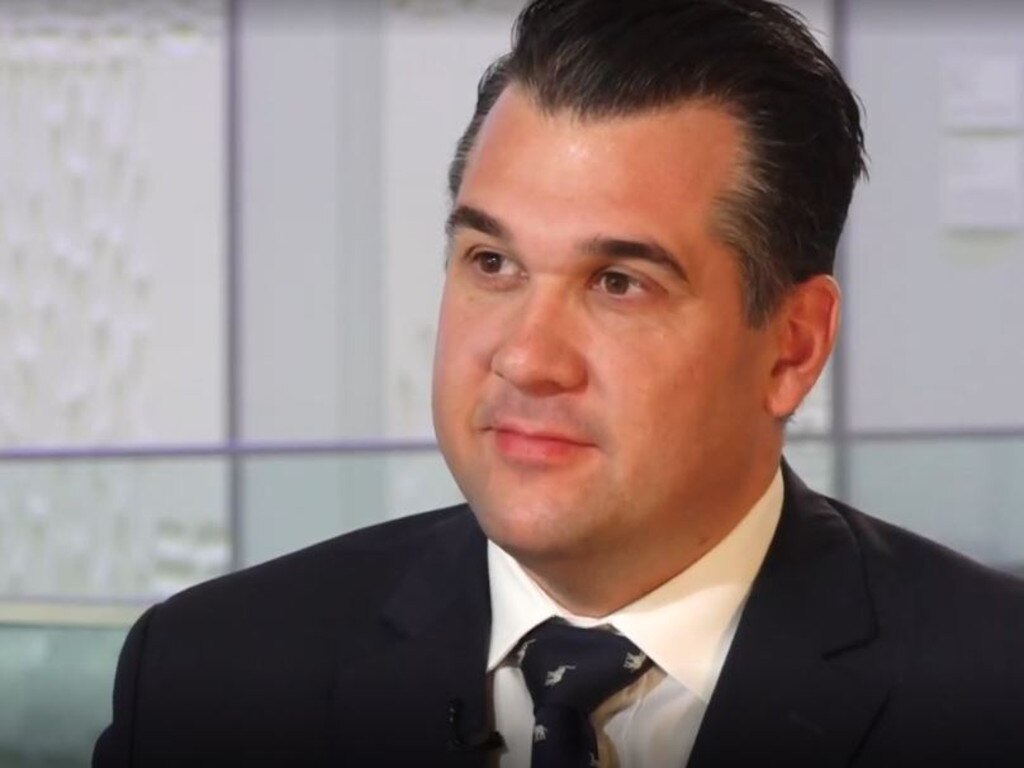Indigenous leaders propose local control of income
Some Indigenous leaders in remote and troubled communities of the east Kimberley favour a locally controlled form of income management when Labor abolishes the cashless debit card.

Some Indigenous leaders in the remote and troubled communities of the east Kimberley favour a locally controlled form of income management – potentially similar to Cape York’s Family Responsibilities Commission – when Labor abolishes the cashless debit card as early as September.
Wunan Foundation director Ian Trust will tell a Senate inquiry on Tuesday that the Family Responsibilities Commission introduced in far north Queensland in 2008 is among models that might work in the towns of Kununurra and Wyndham, and surrounding Aboriginal communities, where about 1300 people currently receive welfare payments on the cashless debit card.
He said any replacement for the cashless debit card must be supported by the community and must include incentives for welfare recipients. Mr Trust runs a transitional housing program for Aboriginal families – if one parent has a job and the children have a high rate of school attendance, the family can transition to a house of a higher standard than most public housing, and receive support and guidance to manage money and their household.

“Whatever replaces the cashless debit card cannot be simply punitive, there has to be a carrot-and-stick approach,” he said.
Mr Trust was preparing to address the Senate inquiry as Indigenous and non-Indigenous leaders in Laverton, 948km northeast of Perth, called for additional police and paramedics to cope with a predicted surge in alcohol-related violence and injuries when 3600 people across the Goldfields are taken off the cashless debit card.
Social Justice Commissioner for Aboriginal and Torres Strait Islander people June Oscar, a Bunuba woman from the Kimberley town of Fitzroy Crossing, told the inquiry in a written submission that her organisation, the Australian Human Rights Commission, supports income management if it is community-driven and with conditions.
MG corporation chairman Lawford Benning, a senior Miriuwung and Gajerrong man from Kununurra, once supported the cashless debit card but changed his mind partly because it came with no support services for people who were struggling and the local Indigenous community was never given delegated authority to easily assess recipients and take them off the card if they were doing well.
Senior Indigenous man David Newry, a retired stockman in the east Kimberley, said some women supported the card because 80 per cent of their welfare payments were quarantined from family who might otherwise have pressured them to share it. “They have more money for food and things for their children,” he said.

Mr Newry said it should be locals making the decisions about what comes next, not the government.
Data from a recent report, Alcohol and Violence in the East Kimberley, shows alcohol continued to ravage the region even after the cashless debit card was introduced in 2016. The report, by Professor Marcia Langton and colleagues from the University of Melbourne, describes “the shocking extent, gravity and normalisation of violence for the Indigenous community” in the region that takes in Wyndham, Kununurra and surrounding Aboriginal communities.
Child rape and child prostitution were increasing but unreported in Kununurra, according to residents, Aboriginal people and service providers who gave evidence about the harm caused by alcohol in the region.
The researchers relied on police data and interviews with 66 residents, health workers, lawyers and other service providers during four field trips between November 2018 and May 2019.
It found the rate of alcohol-related assaults in the region nearly doubled between 2009 and 2019. Domestic assaults also increased at disturbing rates over that time, more than tripling. “Alcohol was a recurrent and ever-present factor, exacerbating and contributing to violence in its many forms,” the report authors wrote.







